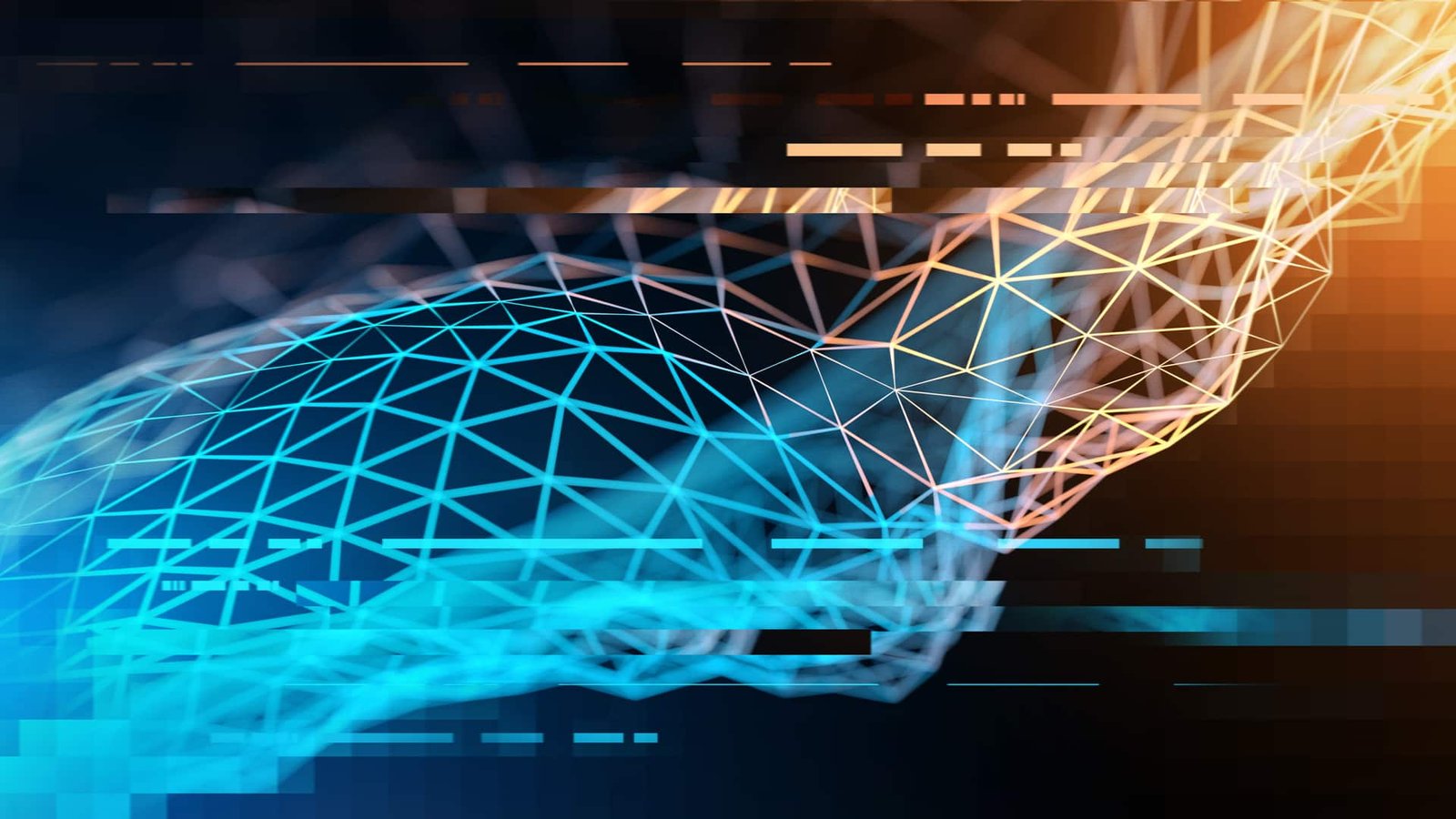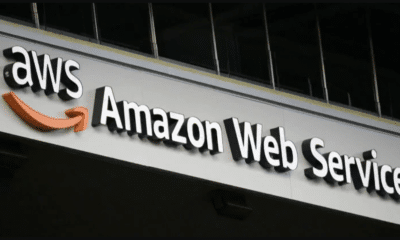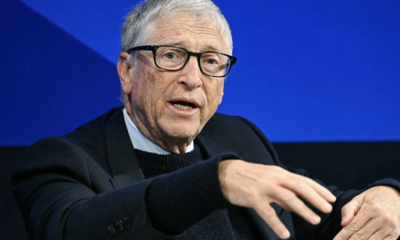Analysis
AI, ML, 5G, IoT will be most important tech in 2021: Study
Artificial intelligence (AI), machine learning, 5G and Internet of Things (IoT) would be the most important technologies in 2021, according to a new study by the Institute of Electrical and Electronics Engineers (IEEE). The technical professional organisation on Monday released the results of a survey of Chief Information Officers (CIO) and Chief Technology Officers (CTO) in the US, the UK, China, India and Brazil. The survey was on the most important technologies for 2021, the impact of the COVID-19 pandemic on the speed of their technology adoption and the industries expected to be most impacted by technology. On which would be the most important technologies, nearly one-third of the total respondents (32 per cent) said AI and ML followed by 5G (20 per cent) and IoT (14 per cent), according to an IEEE statement. Manufacturing (19 per cent), healthcare (18 per cent), financial services (15 per cent) and education (13 per cent) are the industries that most believe would be impacted by technology, according to the CIOs and CTOs surveyed.
At the same time, more than half (52 per cent) of CIOs and CTOs see their biggest challenge as dealing with aspects of COVID-19 recovery in relation to business operations. These challenges include a permanent hybrid remote and office work structure (22 per cent), office and facilities reopenings and return (17 per cent), and managing permanent remote working (13 per cent). However, 11 per cent said the agility to stop and start IT initiatives as this unpredictable environment continues would be their biggest challenge. Another 11 per cent cited online security threats, including those related to remote workers, as the biggest challenge they see. CIOs and CTOs surveyed have sped up adopting some technologies due to the pandemic. More than half (55 per cent) of respondents have accelerated adoption of cloud computing, 52 per cent have accelerated 5G adoption and 51 per cent have accelerated AI and ML. The adoption of IoT (42 per cent), augmented and virtual reality (35 per cent) and video conferencing (35 per cent) technologies have also been accelerated due to the global pandemic. Compared to a year ago, CIOs and CTOs overwhelmingly (92 per cent) believe their company is better prepared to respond to a potentially catastrophic interruption such as a data breach or natural disaster.
“Whats more, of those who say they are better prepared, 58 per cent strongly agree that COVID-19 accelerated their preparedness,” the statement said. Asked which technologies would have the greatest impact on global COVID-19 recovery, one in four (25 per cent) of those surveyed said AI and ML. The top two concerns for CIOs and CTOs when it comes to the cybersecurity of their organisation are security issues related to the mobile workforce including employees bringing their own devices to work (37 per cent) and ensuring the IoT is secure (35 per cent). This is not surprising, since the number of connected devices such as smartphones, tablets, sensors, robots and drones is increasing dramatically. Slightly more than one-third (34 per cent) of CIO and CTO respondents said they can track and manage 26-50 per cent of devices connected to their business, while 20 per cent of those surveyed said they could track and manage 51-75 per cent of connected devices. “The IEEE 2020 Global Survey of CIOs and CTOs” surveyed 350 CIOs or CTOs in the US, the UK, China, India and Brazil from September 21 – October 9, 2020, it was stated.










































